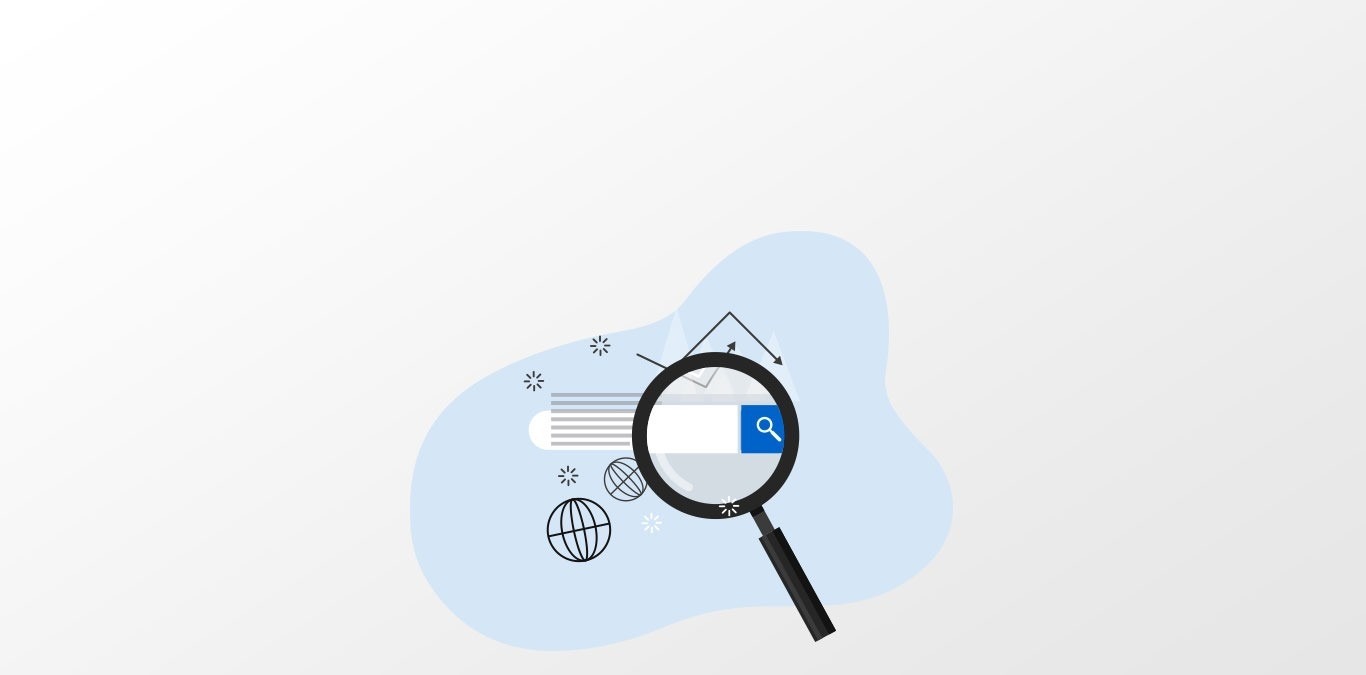India has taken a giant digital leap over the last few years. High-speed internet, aided by the availability of affordable smartphones, has changed our lives drastically. It has also transformed the way we invest in equity. Gone are the days when one had to call up the stockbroker to execute a trade. Today anybody with a smartphone, a trading and a Demat account can invest from anywhere in the world.
Unfortunately, India’s massive digital leap has also brought a few negatives. One is the information overload from business news and social media platforms. While many investors consider the easy availability of data, specifically investing-related information, a boon, the reality is quite different.
In a digital era, the problem is not the lack of information. Instead, the problem is analysing and interpreting the information in a meaningful way for action-oriented results.
How do you interpret the data or information in a meaningful way?
The first step -analyse whether or not the information is relevant
A story associated with the Greek philosopher Socrates offers a valuable lesson that can be useful for an investor to judge if the information is relevant. An acquaintance who wanted to share juicy gossip with Socrates once visited him. He asked Socrates if he would love to listen to a story he had just heard about his friend.
Socrates replied, ‘Before you tell me anything, you need to pass the Triple Filter Test.’ He explained further. He said the first filter is Truth. Then, turning to his friend, he asked him, ‘Have you made sure that what you’re about to say is the truth and not a lie?’ The friend shook his head and replied. “No, I just heard about it, and…”
Socrates cut him off by replying, “Ok. You don’t really know for sure if that is true. Tell me if it is good or kind?” The man shook his head again. “No, actually, it is just the opposite. You see….”,
Socrates raised his hand and stopped the man from speaking. So, you’re not sure whether the information you want to share is true and isn’t good or kind. Well, you can still pass the test with the last filter. Tell me, is the information you want to tell useful or necessary to me?”
A man with a grim face answered, “No, not really.” To this, Socrates replied, “Well then, if what you want to say is neither correct nor good and neither useful nor necessary, then please say nothing at all.” Saying these words, Socrates left for his abode, leaving the man speechless.
Second step –Use the Triple Filter Test to analyse the information you receive
The second step is one of the Stock market basics every investor should keep in mind. In the digital world, where information is freely and easily accessible, it is crucial to differentiate the wheat from chaff. But unfortunately, most people believe the story they wish to share is all about the information.
However, we forget to analyse if the information is relevant and valuable to derive meaningful conclusions. The world would be so different and beautiful if we could share the information which has been verified; it is good and valuable to take further actions. Often in the world of investing, investors come across an abundance of information which doesn’t pass any of the above filters. Let’s take a look at a few examples.
After the emergence of the 2nd wave of COVID-19 in India, investors panicked, triggering a sell-off in the market. Social media platforms were filled with news about how a March 2020 crash was on the cards. Many were misled by the never-ending theories of pessimism and sold their investments, albeit at a loss, hoping to enter again at lower levels. However, as you can see from the above graph, the second wave’s impact of the 2nd wave on markets was limited.
Another example worth mentioning
Talking about the fallout of an NPA crisis at IL&FS in the year 2018. The panic around DHFL, other NBFCs, and housing finance companies meant many had to take the effects of the crisis with a pinch of salt irrespective of the change in their fundamentals. Investors resorted to irrational investment decisions without understanding whether the news was true, good or valuable to them. Everyone was busy speculating about the information, which failed to be accurate in the first place.
So the next time, before you hear out or speak up, keep these three questions in mind
- Is it true?
- Is it good?
- Is it useful to me?
If the information you received or wish to share passes the above filters of Truth, Good, and Usefulness, then you’re OK to act on it! However, this is easier said than done.
How will you combat the latest investing challenge – information overdose?
With a volley of information from all sides, there are many ways to do it.
- One is that you read enough and analyse the information, which may be tedious and time-consuming.
- Second, you hire an expert who analyses the data and interprets it for action-oriented investment decisions. It will save a lot of your time and energy as you just have to read the filtered information specifically related to your investments.
Remember, do your due diligence. Don’t rely on others to share information or tips with you before you take stock investment decisions. Would you like to create a portfolio in the meantime? Click here to get in touch with an expert.
How useful was this post?
Click on a star to rate it!
Average rating 0 / 5. Vote count: 0
No votes so far! Be the first to rate this post.

